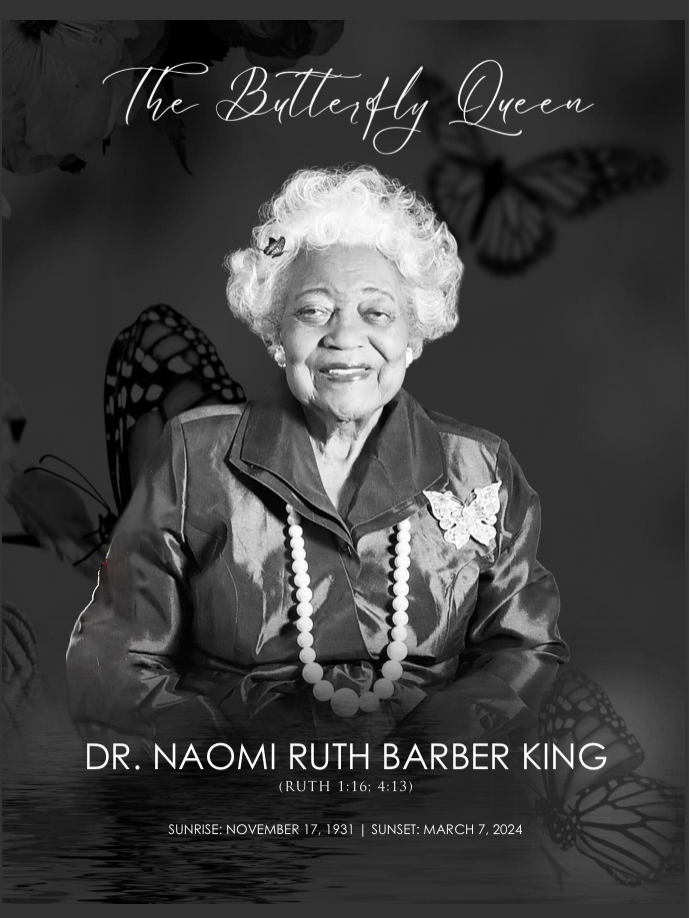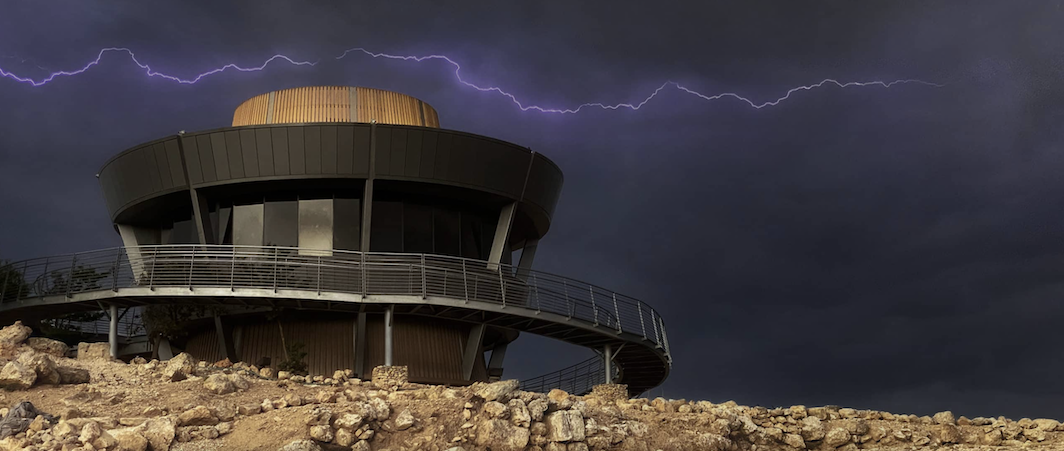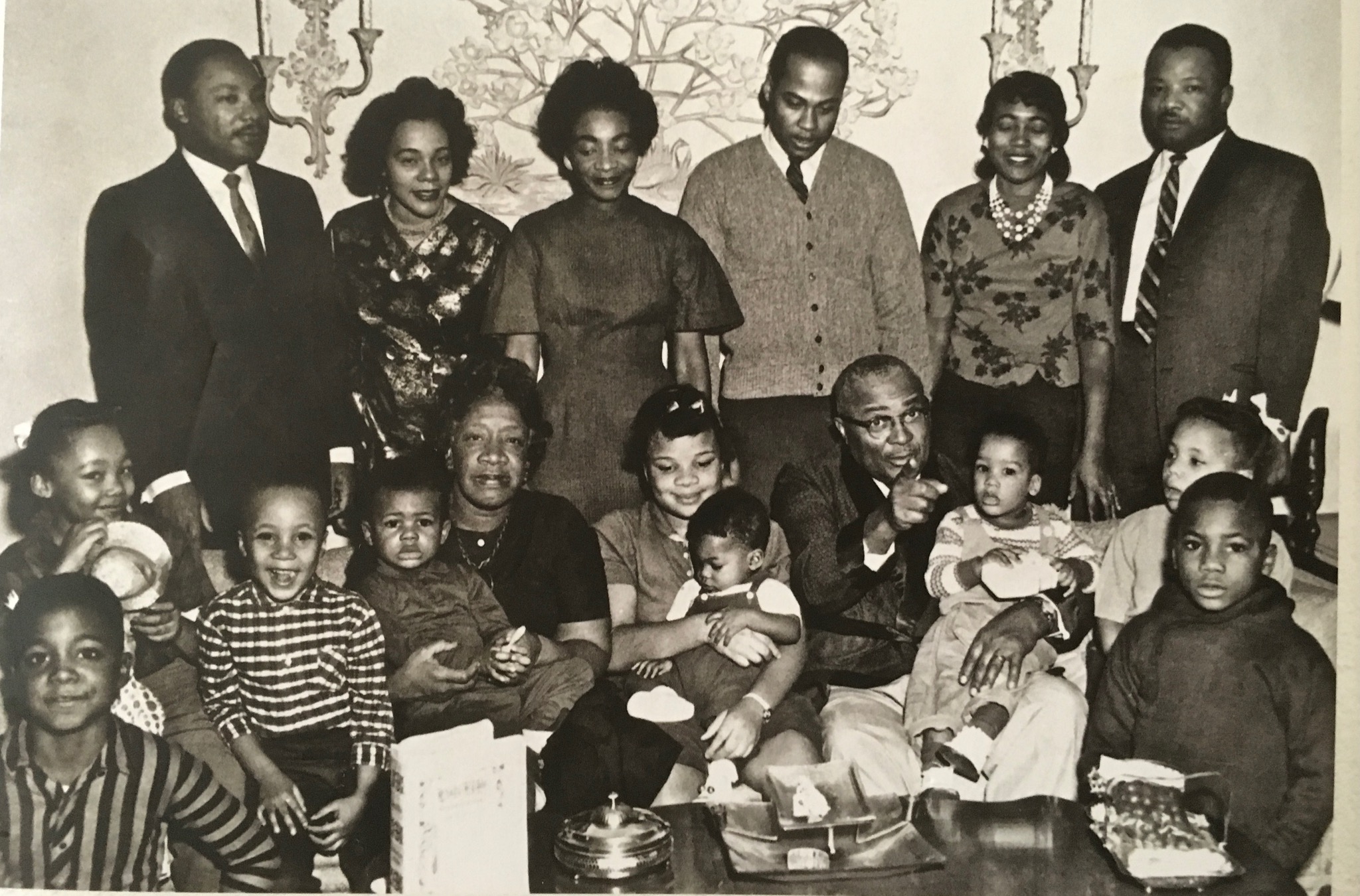Undercover reporting is a crucial element of public journalism in the United States and has been for years. In 1877, the New York World sent Nellie Bly into the Women’s Lunatic Asylum on Blackwell’s Island in New York City where she posed as a patient under the pseudonym of Nellie Brown. While there, Bly discovered that the asylum served as a dumping ground for perfectly sane but indigent women who thought they were being sent to a poor house but instead found themselves in a mental hospital. Bly’s reporting about these and other abuses at the asylum prompted a grand jury investigation and subsequent reform of the facility.
Almost a century later, Clarence Page, an undercover journalist working as a poll watcher discovered widespread voter fraud in Chicago’s 1972 primary election. His reporting resulted in several convictions and won the Chicago Tribune a Pulitzer Prize the following year.
And in 1979, Jerry Thompson, a reporter for The Tennessean went undercover for 18 months to report on the Ku Klux Klan. He even wrote a book about it, My Life in the Klan. In his introduction to the text, Thompson’s editor, John Siegenthaler, recounted how he asked his reporter to “go underground, to create a new identity, to join ‘the new Klan’ and spend a few months observing it from the inside.” The deception was necessary, Siegenthaler wrote, because KKK leaders were posing publicly “as persons of virtue.”
“To get behind their pious platitudes,” Siegenthaler wrote, “and expose what they really stood for, it was necessary for Thompson, to misrepresent who he was.” The result of Thompson’s reporting was a series of articles published in 1980 that helped to expose and discredit white supremacism as a movement in the United States.
Not everyone has gotten the message about the value and legitimacy of undercover reporting. One person who didn’t get the memo is New York Attorney General Letitia James. On April 1, she sent a “cease-and-desist” letter to Steve Emerson, executive director of the Investigative Project, which has been conducting undercover investigations of jihadist groups in the United States since 1995.
James told Emerson, who had been conducting undercover research on the Ohio Chapter of the Council on American-Islamic Relations (CAIR), to stop “unlawful espionage operations against Muslims and Muslim organizations within the State of New York.” Moments after the AG’s letter was published, CAIR issued a statement applauding James for sending the letter to Emerson.
James’s threatening letter has unfortunately not engendered much pushback from American journalists. CAIR is precisely the type of organization that needs to be investigated, not one protected from journalistic scrutiny. In 2009, the FBI blacklisted CAIR after federal prosecutors named it as an unindicted co-conspirator during the 2008 Holy Land Foundation terrorism financing trial. Its founder and executive director, Nihad Awad, expressed support for Hamas in 1994.
CAIR officials have expressed and justified violent anti-American and anti-Semitic rhetoric. The FBI’s former chief of counter-terrorism, Steven Pomerantz reported in 2002 that “CAIR, its leaders, and its activities effectively give aid to international terrorist groups.” And in 2014, the United Arab Emirates designated CAIR as a terrorist organization.
Seigenthaler’s description of the KKK’s masquerade as “persons of virtue” applies well to CAIR and other Islamist organizations in the United States that portray themselves as civil rights groups. These groups do not promote rights, but a brand of religious supremacism known as Islamism. Their goal is to achieve cultural hegemony over Muslim communities in the United States and use the power they have amassed to advance a utopian political ideology and impose medieval religious laws on Muslims and non-Muslim alike in Western democracies. Like white supremacism, it is a backward-looking ideology that, when stymied, encourages violence on the part of its adherents.
Journalists in England understand what’s at stake and have used undercover techniques to document and expose Islamist imams who preach the ideology in their mosques on numerous occasions. In 2007, Channel 4 aired an undercover report that detailed how imams exhorted followers “to prepare for jihad, to hit girls for not wearing the hijab, and to create a “state within a state.” Eight years later, ITV used undercover reporting to document how “far right, Hindu and Islamist extremists abused charitable status to spread illiberal and extreme beliefs.”
Undercover reporting is not “unlawful espionage,” but a crucial tool in the effort to inform the American people about threats to the republic, Islamism included.










